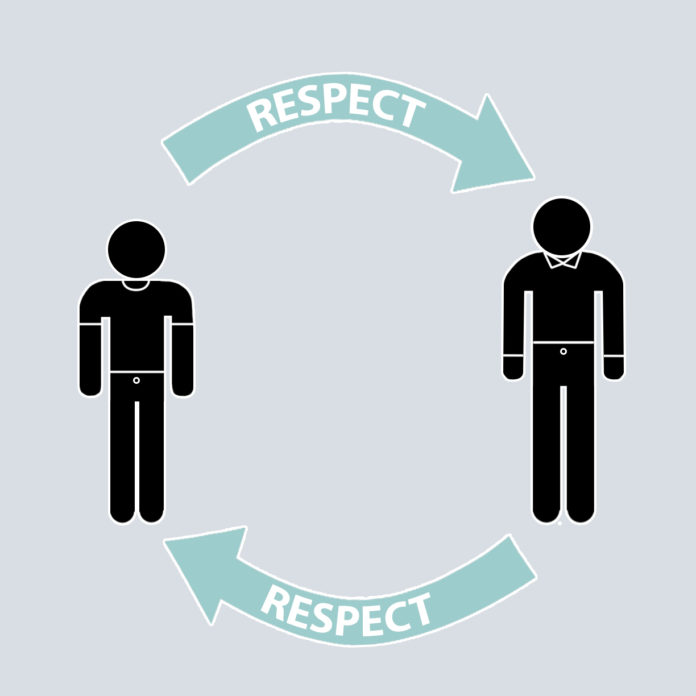Many millennials were taught to say “yes, ma’am” and “yes, sir” to our elders at a young age. Many of us were taught to hold the door open for our seniors and to help them when they need it. However, respecting your elders is so much more than this, and respect is not a one-sided issue. As much as we need to respect our elders, our elders should also respect the younger generation.
In terms of respecting our elders, there are many ways we can improve our respect to those who have come before. While the basic values of respect still pervade our lives in many ways, it seems as though there is a common conversation about a lack of respect among the younger generations. Perhaps, the disparity is not in the respect we show, but in the ways we show it. Not only is it clear there are linguistic differences in this younger generation’s slang, but also in the way millennials show respect.
Respect for millennials focuses less on action and more on words. Because our world revolves around a phone screen, it’s common for people to find more meaning in the things someone says than in the way they act.
Thanks to the internet, it’s more common for people to interact through alternative means than face-to-face. For Baby Boomers and Gen X, this is a fairly foreign concept. Growing up prior to the introduction of advanced communication technology, the easiest way to communicate was face-to-face or through a phone call. With these comes a focus on body language, physical attitudes and actions. All of these things millennials don’t typically focus on because they simply don’t have to think about that as much through online interactions.
So, when it comes to respecting elders, how can millennials bridge this communication gap? First, by acknowledging that to older adults, actions speak louder than words. We can do this by having more open body language, maintaining consistent eye contact and providing the other person with our full attention. In return, older generations can learn a bit more about the way millennials communicate and respond accordingly.
As much as it is important that we respect our elders, it is also important that they respect our generation as well. Some millennials feel as though their voices are not being heard by the older generations. Whether it be that the older generations don’t understand our views, or that they don’t think our opinions are well-informed — our opinions deserve to be part of the conversation. That’s all we really want to hear. Older adults — you don’t need to understand us or what we care about, but that doesn’t mean we don’t deserve the same respect and honor you ask from us in our communication.
Each generation has perceived problems from the generations that came before. Let’s stop that cycle by increasing communication and understanding between generations. By growing mutual respect and positive relationships between generations, we can all learn from each other and collaborate on major issues that each generation faces.






